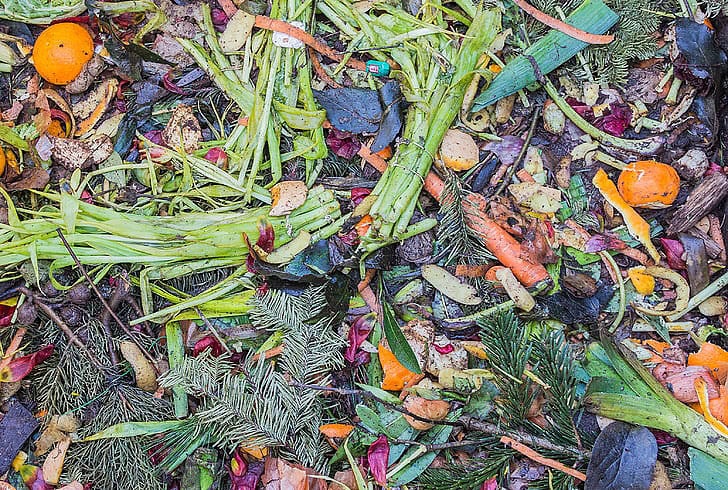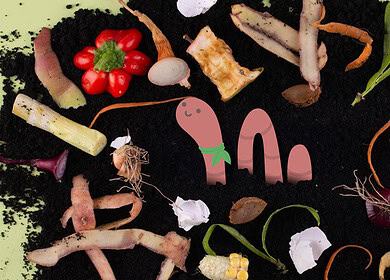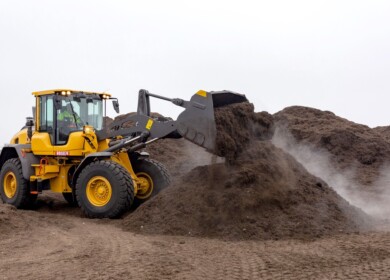Walmart teams up with Denali to innovate food waste recycling

Walmart, an American multinational retail corporation, has announced a groundbreaking partnership with Denali, the nation’s largest recycler of organic materials, to introduce innovative depackaging services at more than 1,000 Walmart and Sam’s Club US locations. Early testing of this technology has demonstrated significant results, with a 60% increase in the volume of reusable organic content recovered and a 12% reduction in compactor trash.
To date, the program has been implemented at over 1,400 Walmart and Sam’s Club locations across 16 markets, including major American cities such as Houston, Dallas, Philadelphia, Washington D.C., Indianapolis, Phoenix, and several cities in New England. The initiative is set to expand nationwide over the next year.
The new depackaging technology separates food from packaging materials like plastic and cardboard, creating a cleaner stream of organic material. This material can then be converted into animal feed, compost, or energy through anaerobic digestion. By automating the separation process, retailers can recycle and reuse food waste more efficiently, freeing up time for other tasks. Walmart is among the first retailers to scale up these capabilities.
Denali’s depackaging services collect food waste from partners and recycle it into compost, organic fertilizer, animal feed, and clean energy, keeping it out of landfills. Walmart views this initiative as a key component of its efforts to enhance waste management practices and achieve sustainability goals.
Denali’s depackaging machines can process 680 metric tons of food waste daily, converting approximately 227 million kilograms of waste into compost, fertilizer, animal feed, and clean energy annually. Denali serves thousands of U.S. grocers, food manufacturers, distributors, and municipalities, separating up to 97% of trash from organic food waste.
Following pilot programs in several markets, Denali began a nationwide rollout of its services last year, starting in Phoenix. This initial phase diverted 1,800 metric tons of food waste from landfills. Since then, Denali has continued to help local retailers and municipalities reduce food waste.
The U.S. generated approximately 70.4 million metric tons of food waste in 2022, with retailers contributing around 3.9% due to damaged or expired items. Of this retail-generated food waste, 51% went to landfills, and 39.5% was composted or anaerobically digested. Denali’s network has the potential to significantly increase the recycling of food waste through these methods.
Annually, Denali recycles over 450 million kilograms of food waste into valuable products. The expansion of their depackaging services will enable even more significant reductions in food waste, supporting sustainability and reducing reliance on landfills.
Enjoyed this story?
Every Monday, our subscribers get their hands on a digest of the most trending agriculture news. You can join them too!
















Discussion0 comments